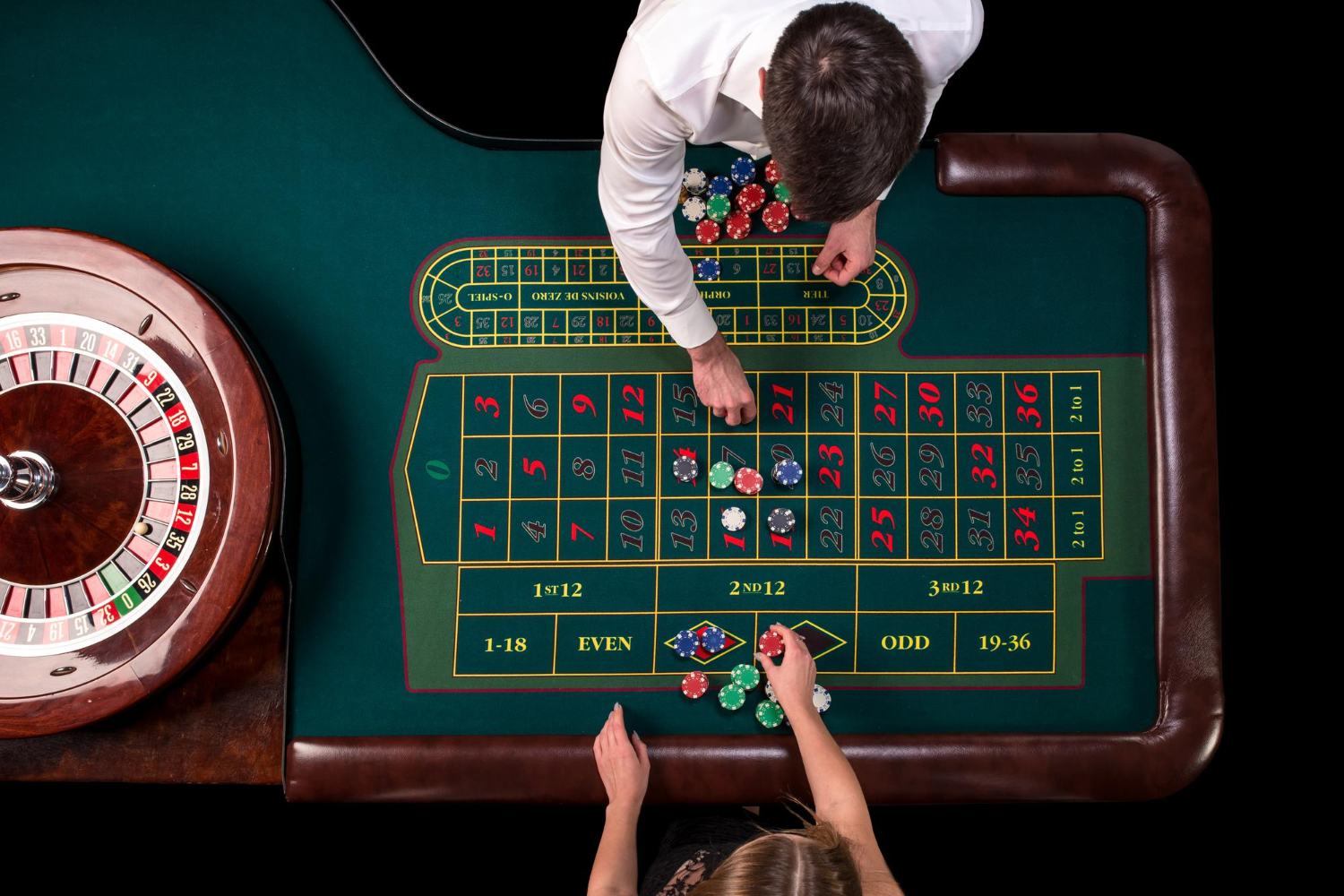 172
172

Gambler Psychology: How Psychological Aspects Affect Casino Choice
95% of players systematically lose money while gambling. Despite this irrefutable fact, the number of people acquiring a gambling mentality is growing. There are some constants that can be identified, a kind of common thread that unites all gambling enthusiasts.
Why do people gamble?
Let’s look at the psychology of casinos in detail.
Love of risk
One of the main reasons for the existence of gambling lies in human nature. People feel especially empowered when they take risks; the emotions they experience turn a simple bet into a crescendo of feelings of “adrenaline and euphoria” that are independent of the actual outcome of the bet.
The gambling schedule offers various prizes and rewards that everyone can imagine that this is the best choice, the most likely, the most profitable, the one that will satisfy every desire.
The variable reward system is one of the most important elements of the psychology of gambling, similar to the gambling system, making the idea of winning logical, although in reality, it is not. This creates a feeling of anticipation, increases adrenaline, and that centrifuge of sensations that are overwhelming and create full-fledged addiction.
Escape from everyday life
A game room, a casino, or even the back room of a bar with slot machines in the shade can become a refuge from everyday life, a “mystical” place where everything is filled with emotion and where anything is possible.
Walking through that door feels like you’ve been wrapped in cotton wool. Every day’s worry becomes almost non-existent. All the financial worries that overwhelm your mind disappear as if by magic, leaving room for a sense of limitless possibilities. This is the ideal place for the subconscious, where you will finally be free from all problems. And with this illusory hope, we move forward day after day.
Method of communication
Gambling is now widely accepted in our society; television only reminds us of it with continuous advertising. This “prohibited to minors under 18” almost seems like a joke, or worse, a mockery, considering that gambling has become a part of our culture.
Psychology games online all start very early when you are spying on your parent, uncle, or older cousin, playing cards with relatives, going to the arcade with friends, or making a “safe” bet with your classmates after school. This may seem strange, but some people go to gambling establishments in search of new friends and consider this the best place to meet and socialize.
Attractiveness of gambling
Almost every day, you see advertisements for new online games or new betting sites on TV or listen to them on the radio, and coincidentally, they always broadcast sexy, elegant, winning, and successful images.
Marketing agencies and the media are well aware of the gambler mentality and what emotional levers to use to attract people; they know how to masterfully exploit the psychology of the game with sparkles and sparkles, embellishing a reality that is simply very miserable.
How does gambling affect the brain?
When we win at gambling, the brain releases a chemical called dopamine, which causes a feeling of pleasure.
But when we play frequently, our brains become accustomed to dopamine, and that rewarding feeling associated with winning becomes increasingly difficult to achieve. Therefore, to be able to experience the same level of pleasure, we have to play more and more.
Some gambling products, such as play slot machines online and roulette, make us feel like winners even when we’re not; it encourages us to continue playing to try to regain the feeling of victory.
Psychological effects of gambling
Gambling has always been of interest to people. They offer the opportunity to experience adrenaline, pump your brain, and, of course, win a large sum of money. But what is actually at the heart of these games, and how does gambling work? Let’s figure it out together.
The first thing to note is that gambling is a form of entertainment that activates our reward system in the brain. When we win, our body releases the hormone dopamine, which causes a feeling of satisfaction and joy. This explains why we often return to gambling again and again – we are looking for the same pleasant effect that we experienced during the previous victory.
However, it is necessary to understand that gambling can also have negative consequences for our psychology. Uncontrolled gambling can lead to the development of a gambling disorder, which is characterized by compulsion and loss of control over one’s actions. People suffering from this disorder may spend all their time and money on gaming, neglecting all other aspects of their lives.
Additionally, there are many myths associated with gambling. One such myth is the idea that some people have a special “gambling gene” that makes them more likely to gamble. However, scientific research shows that gambling depends on many factors, including genetic predisposition, environment, and personal characteristics. There is no one “gambling gene” that determines our propensity to gamble. Moreover, if you play responsible gaming, there will be no dependencies.
Another common myth involves the idea that casino games are always a trap for players and that the casino always wins. However, this is not entirely true. Casinos are a business, and they expect the majority of players to lose. However, it is possible to win. Some people win large sums of money at casinos, but such cases are rare.
Important to remember
If you decide to try gambling, keep these important points in mind:
- Set your limits. Determine the maximum amount of money you will spend on the game, and do not exceed this limit.
- Don’t play with your last money. Never risk money that you cannot afford to lose.
- Don’t try to “get even”. If you lose, don’t try to get your lost money back. It’s better to stop and come back to the game another time when you are in a more balanced state.
Finally, remember that gambling should only be fun and should not be completely devoted to this activity. If you notice that gambling is beginning to affect your life and is causing problems, seek help from a professional psychologist or gambling addiction specialist.
Gambling can be fun, but it can also have negative consequences, especially for people prone to addiction. Remembering to control and limit yourself in the game to avoid negative effects is important. And, of course, do not forget that gambling should only be for fun, and you should not completely immerse yourself in this world.








